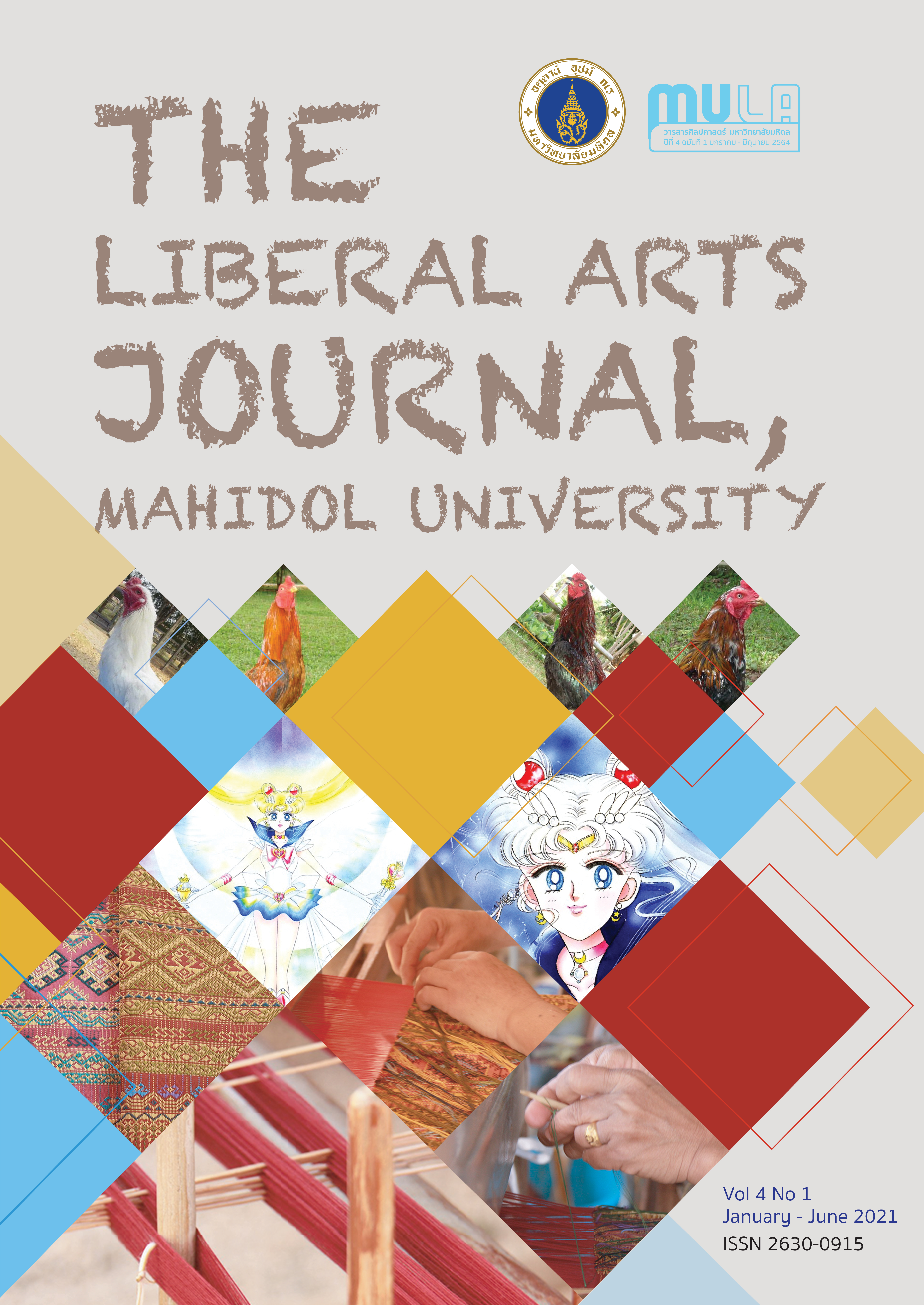Intellectual Cultural Heritage-Related Knowledge Management through the Community Participation: A Case Study of Phasin Nam-Ang, Uttaradit Province
Keywords:
Knowledge management, Cultural heritage, Community participation, Tube skirts (phasin Namang) Uttaradit.Abstract
The purpose of this study was to examine the collection and management of knowledge and cultural heritage, and the transfer of cultural wisdom to new generations, through community participation. Qualitative research was used, with data collected from in-depth interviews using semi-structured questions. The sample population consisted of weavers in Nam Ang, a subdistrict of Tron District, in Uttaradit Province, Thailand, as well as the head of the Nam Ang Tambon Administrative Organization (TAO).Other documentary data was gathered from Uttaradit Province community development records, books, and research and related academic articles.The results showed that:
1) Nam Ang community collects knowledge to preserve their cultural heritage. For example, sarong weaving methods and processes, which have been handed down across generations by weavers, have now been collected and printed in book form by Nam Ang TAO, who have also established a textile study center to spread this knowledge and act as a community reference.
2)Nam Ang community knowledge management includes: a) identification of the knowledge and primary education required for weavers, including the selection and purchase of raw materials; b) team study tours for aspiring weavers at Nam Ang TAO and Uttaradit Province development events; c) storage and access to knowledge collected about about textile worker groups, samples of woven-patterned fabrics for study, and the collection of patterns and weaving methods in book form by the Nam Ang TAO for students of design; d) exchanging textile worker group experience by bringing woven products for mutual criticism, and; e) applying knowledge about natural dyes for cotton and silk threads for longer-lasting color, and other specialties.
3) Nam Ang community transfers cultural wisdom to future generations of weavers through weaving classes available through a community-established study to preserve their weaving cultural heritage.




